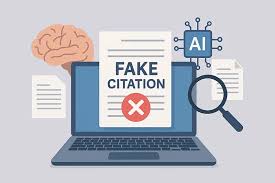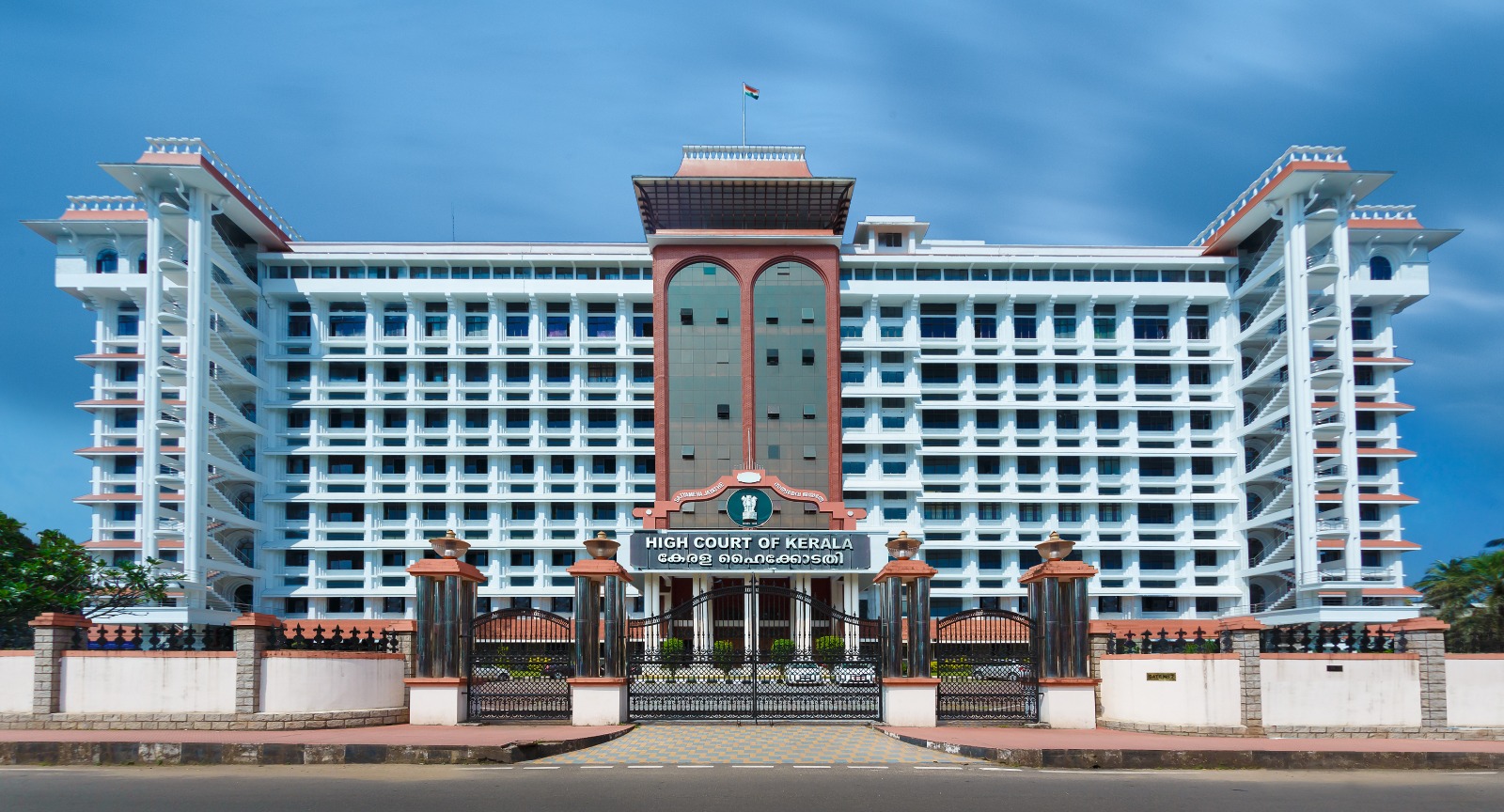Kanwaljit Singh Ahluwalia, J.@mdashThis order shall dispose off CWP No. 11068 of 2008, 11297 of 2008, 11093 of 2008 and 11110 of 2008. While issuing notice of motion, we had passed the following order:
The petitioner is aggrieved by the action of the Maharishi Dayanand University, Rohtak vide which the application form of the petitioner for the PMT Entrance Test has been rejected as his application was received after the last date of submission.
The petitioner applied for PMT Entrance Test on 14.6.2008. The application was sent through Registered Speed Post vide Annexure P-2. The last date for submission of the application was 17.6.2008. The application of the petitioner was received by the University after the due date.
Counsel for the petitioner contends that as the petitioner had sent his application form through Registered Speed Post on 14.6.2008, hence he cannot be held responsible in case of any delay. A perusal of Chapter 9 of Clause 18 of the Prospectus clearly lays down that in case any application form is received after the due date due to any reason including the postal delay, the same shall not be entertained. Clause 18 is reproduced as under:
18. Application forms received after the due date and time due to any reason including postal delay will be rejected without any intimation to the candidates. Counsel for the petitioner has placed reliance on Anurag Sharma v.. Regional Engineering College, Kurukshetra 1996 (1) S.C.T. 843, wherein the delay was on part of the postal authorities, this Court held that the petitioner cannot be made to suffer for any fault on part of the postal authorities.
Notice of motion for 4.7.2008. On asking of the Court, Dr. Balram Gupta, Sr. Advocate with Mr. Vikram Hooda, Advocate accepts notice on behalf of the University.
2. In pursuance of the notice of motion issued by this Court, Dr. Balram Gupta representing the respondent-university has put in appearance and placed reliance upon a full Bench judgment of this Court rendered in Rahul Prabhakar v. Punjab Technical University, Jalandhar and Ors. 1997 (5) S.L.R. 163 to contend that the judgment of a division bench relied upon by the petitioner, Anurag Sharma (supra), has been overruled and it has been held by the Full Bench that delay in reaching of the application form is to be strictly construed and in view of the clear cut specific mandate laid in Clause 18 of the prospectus, no condonation in delay can accrue to the petitioner as postal authorities had not delivered the application form to the respondent-university as expected by the candidate. The Full Bench of this Court has placed reliance upon
18. Validity or otherwise of the Information Brochure and its binding nature has to be examined by the generality of cases it covers and not be the inconvenience or resultant prejudice that may be caused to persons who could not strictly adhere to its terms. In this connection, we consider it appropriate to recall the observations made by Krishana Iyer, J. in
A law has to be adjudged for its constitutionality by the generality of cases it covers, not by the freaks and exceptions it martyrs. If the argument advanced by the learned Counsel is accepted, or if the principles stated by the Division Bench in Saurabh Aggarwals case (supra) are followed then consequence will be to amend the provision contained in the Information Brochure. If the provision contained in the Information Brochure is found to be unsustainable, the same can be struck down by this Court in exercise of the powers under Article 226 of the Constitution of India. By striking down the provision in the Brochure, the petitioner will not be getting any benefit So this Court will have to amend the provision contained in the Brochure or in of fact words re-write the same. This Court is not venture such a course of action. High Court cannot assume the role of rule making authority and re-write the rule nor can this Court in exercise of the powers under Article 226 of the Constitution substitute its views to that of the competent authority which framed the Brochure.
19. In view of what has been stated above, we hold that the date and time for the receipt of the application forms by the Co-ordinator, CET 1997, is fixed in the Information Brochure. It is not to be altered by this Court in exercise of the powers under Article 226 of the Constitution of India. We also hold that law settled by a Division Bench in Saurabh Aggarwal v. Kurukshetra University 1995 (1) S.L.R. 80and the decision in Anurag Sharma v. Regional Engineering College, Kurukshetra and Ors. 1996 (1) R.S.J. 795 do not lay down the correct law and we overrule the same.
3. A similar question has been raised in civil writ petitions bearing No. 11297 of 2008, 11093 of 2008 and 11110 of 2008, as therein also, the application form of the petitioner-candidate has reached late to the university authorities as postal authorities failed to deliver the form before the specified cut off date and time. Therefore, we need not advert to the facts of these writ petitions and they are also dismissed along with the present petition in view of the law laid down by Full Bench of this Court in Rahul Parbhakars case (supra). It will be pertinent to mention here that a Division Bench of this Court, to which one of us (Ashutosh Mohunta, J.) was a member, on a similar question of law and fact, had dismissed a writ petition bearing C.W.P. No. 10869 of 2003 titled as Gaurav Dutta and Ors. v. State of Haryana and Ors. where the same clause was subject matter of interpretation pertaining to respondent-Maharishi Dayanand University, Rohtak. The decision rendered in Gaurav Duttas case (supra) was challenged in Special Leave to Appeal (Civil) No. 13555-13556/2003 Gaurav Dutta and Ors. v. State of Haryana and the SLP preferred was dismissed by Hon''ble Apex Court on 08.12.2003.
4. Therefore, in view of the settled legal position, we cannot come to the rescue of the petitioners and consequently the writ petitions fail and are dismissed.

